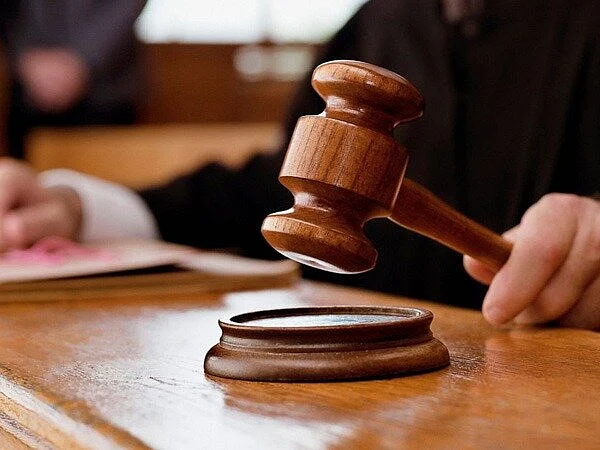From 1 July, the Government of India has replaced the Indian Penal Code with the Bharatiya Nyaya Sanhita (BNS), Bharatiya Sakshya Adhiniyam (BSA) and Bharatiya Nagrik Suraksha Sanhita (BNSS). On 1 July, Union Home Minister Amit Shah told in a press conference that the first case under BNS was registered at Kamla Market Police Station in Gwalior.
India's New Criminal Laws: Judicial Reform Or A Moment Missed?
New criminal codes spark controversy among lawyers and activists

It is being referred to as a comprehensive reform of the criminal justice system in India since these laws particularly replaced the Indian Penal Code (IPC), 1860; Code of Criminal Procedure (CrPC), 1973; and Indian Evidence Act, 1872.
As soon as BNS, BNSS, and BSA were implemented, many activists and researchers across the country criticized these changes made by the government. Along with this, lawyers also protested against it in many courts across the country. Lawyers believe that this change in the law will harm the criminal justice system of the country and many have also compared the new laws to colonial laws.
There are many points in the changed laws which are being particularly opposed. For example, The Supreme Court has received a request from the All India Democratic Women's Association asking for the criminalization of marital rape. The Supreme Court bench led by Chief Justice D Y Chandrachud had scheduled a hearing for July after requesting a response from the Centre in May.
Apart from this, lawyers are arguing that, under the BNS, sexual assault is a crime in and of itself that has always been defined separately by law. As such, incidents involving sexual violence are likely to be tried under less severe provisions such as assault and grievous bodily injury.
-
Previous Story
.jpg?auto=format%2Ccompress&fit=max&format=webp&w=376&dpr=2.0) Post-Polls, J&K Assembly To Pass Resolution For Restoring Special Status And Statehood
Post-Polls, J&K Assembly To Pass Resolution For Restoring Special Status And Statehood - Next Story



















